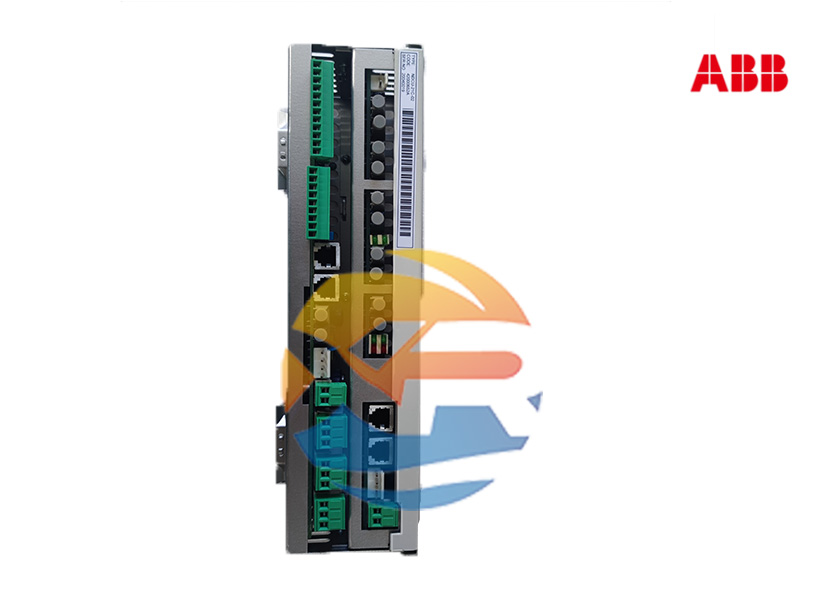In the world of industrial automation, Distributed Control Systems (DCS) are the central nervous system for large, complex processes. At the heart of ABB's renowned Symphony Harmony DCS platform is a critical component: the ABB NDCU-21C Network Device Control Unit. This article provides a comprehensive technical overview of the NDCU-21C, explaining its function as a process controller, its key features, and its role in ensuring reliable control for industries like power generation and water treatment.
The ABB NDCU-21C is not the entire DCS; it is a high-performance process controller or master controller within the Symphony Plus family. It is designed to execute regulatory and sequential control logic for a specific section of a plant, such as a boiler, turbine, or chemical treatment process.
Think of the DCS as a hierarchy: the NDCU-21C operates at the "unit" or "area" level, directly responsible for managing a group of field devices (sensors, actuators, drives) via I/O modules. It acts as the intelligent local brain, making real-time control decisions to keep the process within its desired parameters.
The NDCU-21C is typically housed in a S800 I/O rack and functions as the central processing unit for that node.
A standout feature of the NDCU-21C is its support for redundant configuration. Two NDCU-21C controllers can be paired in a hot-standby setup. The primary controller handles all control functions while the secondary remains synchronized. If the primary fails, the secondary takes over seamlessly within milliseconds, preventing any process disruption. This is essential for mission-critical applications.
The "N" in NDCU stands for Network. This controller is designed for robust communication within the DCS architecture:
The NDCU-21C is designed to work seamlessly with ABB's S800 I/O modules. These modules are the interface to the physical world, handling analog inputs (e.g., 4-20 mA signals from temperature sensors) and digital outputs (e.g., commands to motor starters). The controller communicates with these I/O modules via a high-speed, deterministic fieldbus.
The logic executed by the NDCU-21C is developed using ABB's Control Builder M engineering tool. This software supports standard IEC 61131-3 programming languages like:
The ABB NDCU-21C is a robust, reliable, and high-performance process controller that forms the backbone of many Symphony Harmony DCS installations worldwide. Its powerful processing, built-in redundancy, and seamless integration within the ABB ecosystem make it a trusted choice for automating and optimizing complex industrial processes where uptime and reliability are paramount.